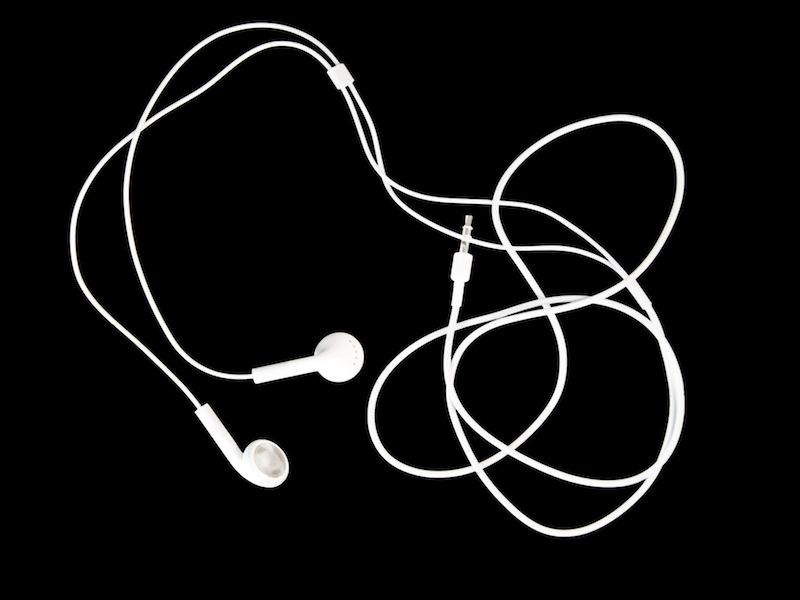
It’s not necessary to feel like your by yourself if you haven’t had a hearing exam since you were a youngster. It’s not usually part of a routine adult physical and unfortunately, we often treat hearing reactively rather than proactively. Most people neglect hearing loss, even when they are aware of it, for up to seven years which can severely affect your health. As a matter of fact, in the long run, it’s been proven that your general health cost will increase if you have untreated loss of hearing.
The good news, hearing tests are simple, painless, and provide a wealth of information for our professionals to help you, both for diagnosing hearing concerns and evaluating whether interventions like hearing aids are working. When you were younger, you might remember the audiometry test from school, but a full hearing exam will give you a better understanding of your hearing without a sticker or a lollipop.
While you might not give the state of hearing as much thought as you do the health of your eyes or your teeth, it is essential that you regularly get your hearing examined. You might not recognize an issue with your hearing for a long time. Loss of hearing normally happens slowly, and the earlier you detect an issue with your hearing, the sooner you may be able to fix it.
When Should You Get Tested?
All infants should be tested for hearing loss, and usually, the hospital handles that before they are released. The American Academy of Pediatrics suggests that children undergo formal hearing examinations when they are 4, 5, 6, 8 and 10 years of age and that teenagers should have hearing tests during wellness visits with their physicians.
It’s suggested that if you are between the ages of 18 and 49, you get your hearing tested every five years and then, as you age, more frequently. You should get checked every three years if you are between 46 and 60 years old and then every two years after you turn 60. But don’t let that to stop you. Your unique situation will dictate when you need to get an exam. If you find that your hearing isn’t as good as it once was, you should have it examined immediately. Neglected loss of hearing has been associated with cognitive decline, depression and a greater risk of falling and other health issues. Your ability to work efficiently and your relationships can also be affected.
And you should have a hearing test, in some situations, as soon as you can if you have hearing loss that is getting quickly worse. An immediate hearing test is advisable if:
- You are experiencing vertigo
- Your ears have constant ringing in them
- There is earwax buildup or you had an ear infection
- You are unable to hear conversations, particularly when in crowded areas
- Asking people to repeat themselves is something you have to do constantly
- Pinpointing where sounds are coming from is difficult
Whether you are at risk of hearing loss is another consideration. You should get your hearing tested more often, for example, if you are subjected to loud noise or if hearing loss runs in your family.
Also, more than 200 ototoxic medications exist. From Aspirin to certain antibiotics, these medications can be very bad for your hearing. Consult your doctor to make sure any medicines you are taking aren’t impacting your hearing. If you need to use a medication that you know is ototoxic, consider getting more regular hearing testing so you can manage any hearing loss right away.
Also, think about how your habits might be impacting your hearing loss. Are you using earbuds a lot? There’s been a significant increase in younger people who have hearing loss, which many experts attribute to the increased use of earbuds and other headsets. Loud concerts, shows, or machinery can also do significant damage to your hearing. Schedule your hearing exam today if it’s time for you to get your hearing tested.
